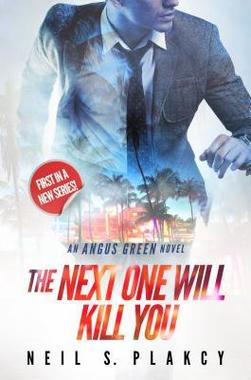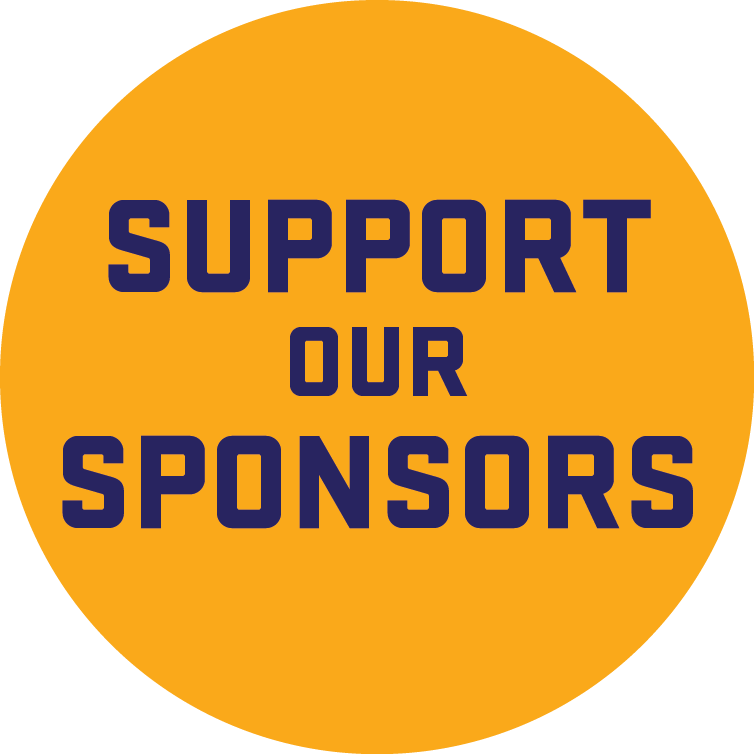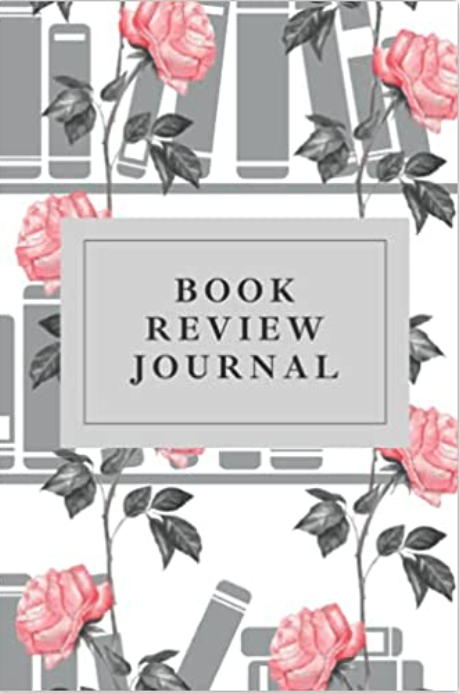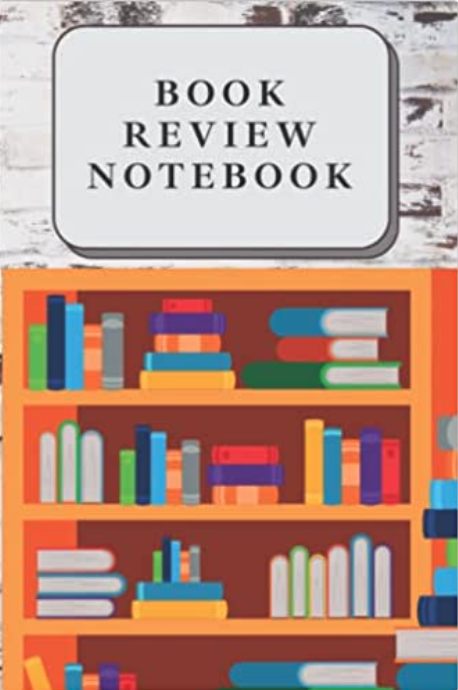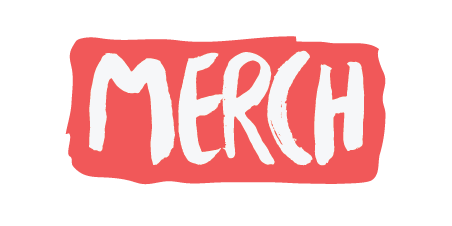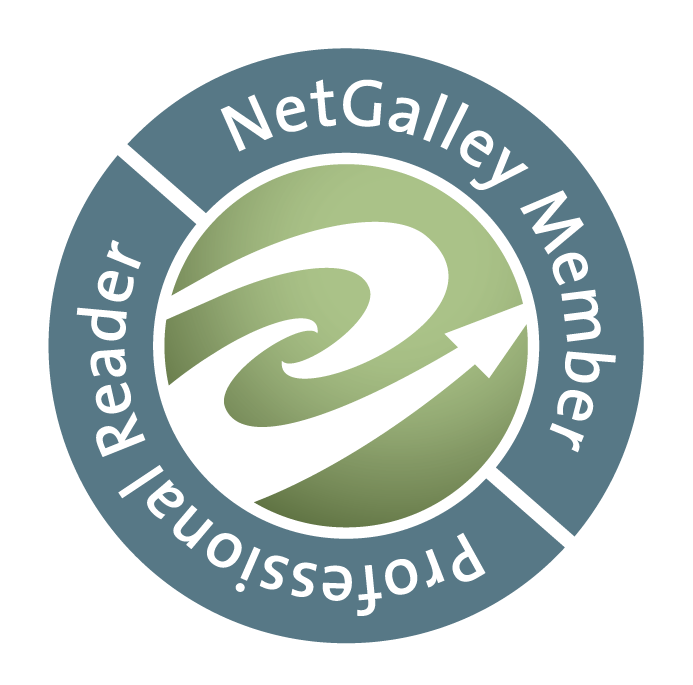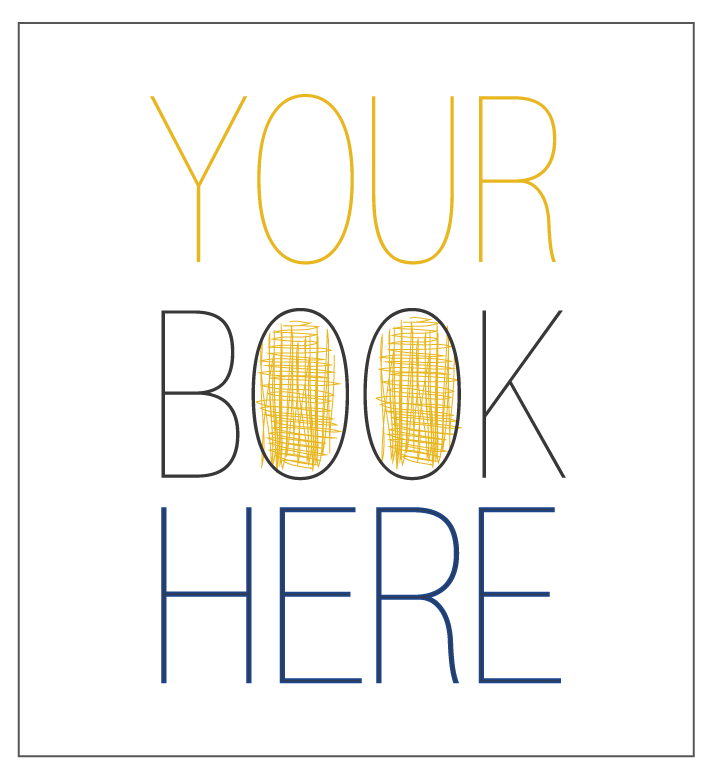Author Bio
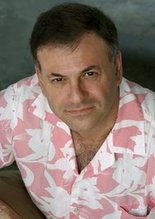
His fiction has appeared in numerous publications, including Verbsap, Blithe House Quarterly and In The Family, as well as winning first prize in a South Florida magazine contest. He is the president of the Florida chapter of Mystery Writers of America, and a graduate of the University of Pennsylvania (BA), Columbia University (MBA), and Florida International University (MFA), an assistant professor of English at Broward College and the proud papa of a white golden retriever named Brody.
He has published a wide range of fiction and non-fiction in mainstream and GLBT publications, both in print and on line. Visit him online at www.mahubooks.com.
A lot of research goes into the books I write, and The Next One Will Kill You is no exception. And since I do an awful lot of writing and reading at that very coffee shop, I worry that some nosy fellow patron will look over my shoulder and report me to the police because I’m searching for something like “How to make a Molotov cocktail.”
I write almost every day, usually for an hour in the morning. I’ve been able to structure my college teaching schedule so that my day there begins with office hours at 11:30, giving me plenty of time to wake up, feed and walk two rambunctious golden retrievers, and then get my butt out the door and get that grande café mocha in front of me.
I’m not an outliner. If I spend too much time figuring out the story then I’m not eager to go through the hard work of writing and revising. So I begin with an idea—for example, in The Next One Will Kill You, an FBI agent participates in a strip trivia contest to raise money to send his younger brother on a study trip abroad, and a couple of other agents from his office catch him in flagrante.
That inciting incident leads me to figure out who the characters are and what has brought them all together. And then I’m off to the races, hoping my protagonist will pull me forward as he gets his teeth into the case he’s investigating. Periodically I’ll have to stop for some research. I might go through the notes I assembled when I attended the FBI’s 8-week Citizen’s Academy. Or I’ll check the Bureau’s website to make sure I’m using the right terminology. I’ll often Google a term and then just sit there reading for a while, absorbing the information and letting my brain make the connections to my work in progress.
Eventually I’ll finish that first draft, and begin showing it, chapter by chapter, to my critique group. I save up all their comments until I’m ready for a second draft, usually a few months later when I’ve finished work on something else. Going back to the story is like learning about the characters and the plot all over again, and helps me find problems and missed opportunities, both on a macro and micro level. Why doesn’t Angus use this information that he’s gotten on page 20 until page 140? What was he hoping to get out of that visit to the drag queen at his workplace? And how can I make each sentence flow more easily, make the dialogue perform double duty to move the plot forward and also expose character?
Sometimes, I’ve changed so much that I need to let the book percolate for a while longer and then do one more draft. If I’m lucky, by the time I finish that second draft the manuscript is ready to send off to an editor. And that triggers a whole new set of suggestions, corrections and revisions.
Because I write multiple series, I’ve always got something to go back to if what I’m working on isn’t going well. Rather than sit and stare unproductively at my screen, I’ll simply switch from a cozy golden retriever mystery to the fast-paced world of Special Agent Angus Green, or to a sexy romance. Whatever book I’m writing, though the world around me filters in, from bumper stickers or hair styles I’m noticing to the weather or even the conversation of that couple across the table from me, who are arguing about whether her sister really dislikes him, or it’s all in his head.
For me, it’s the latter. It’s all in my head, and I just have to get it out on paper.
Featured Title | The Next One Will Kill You
